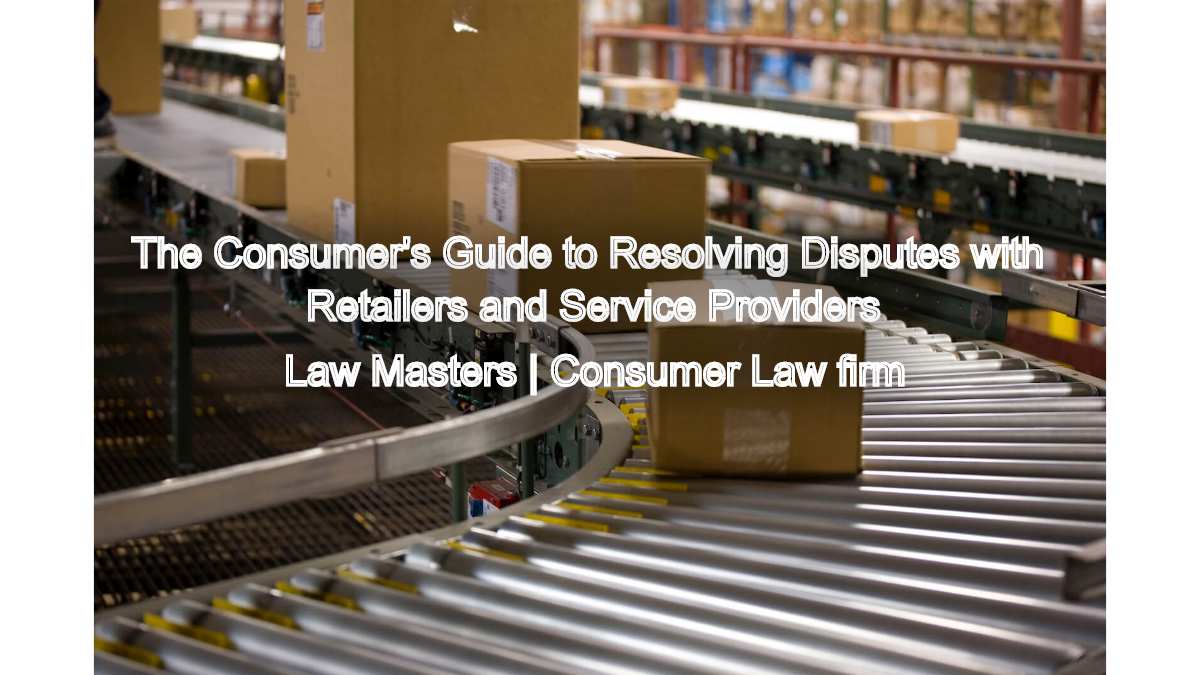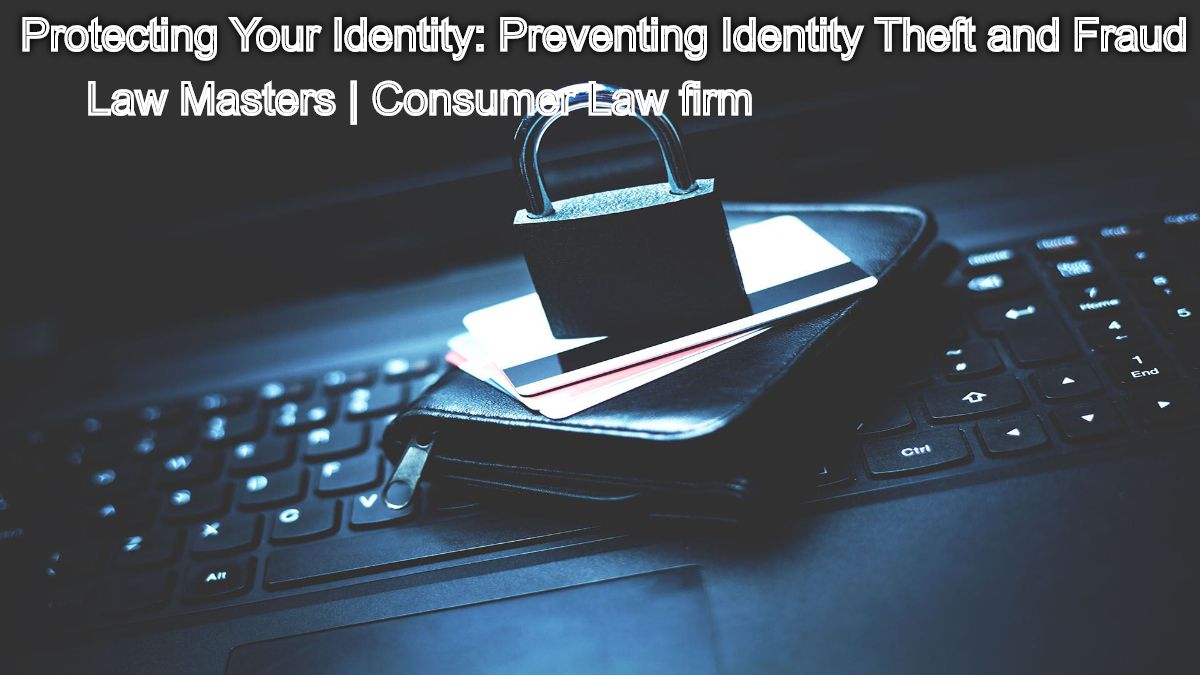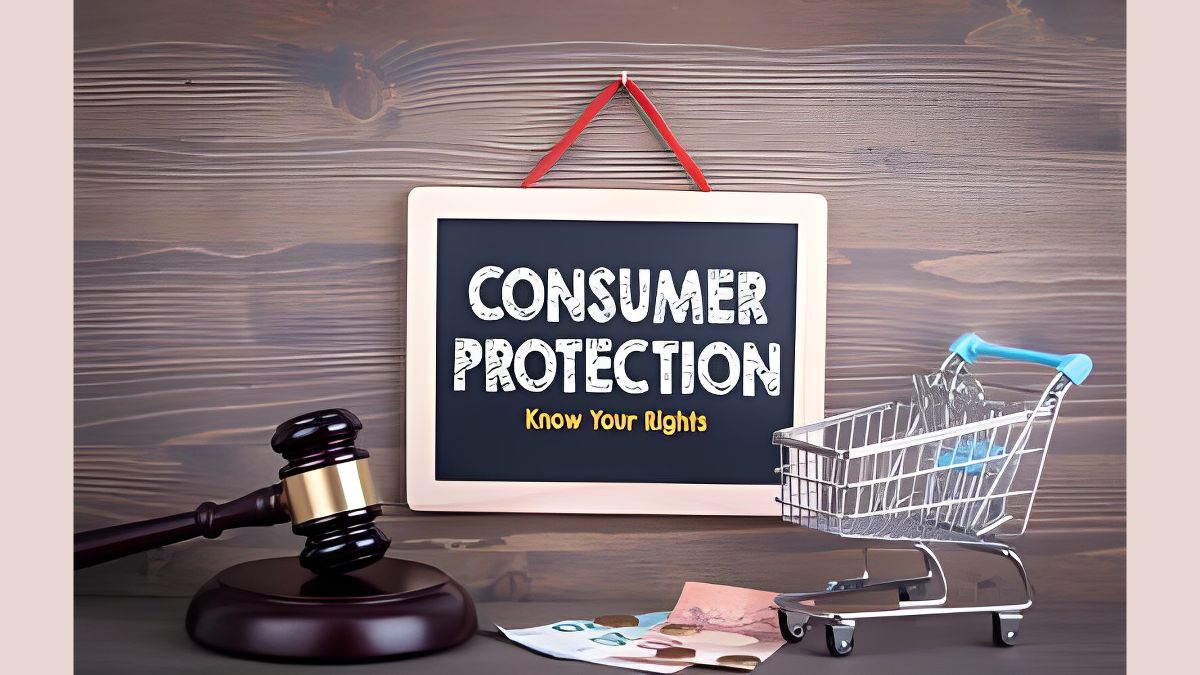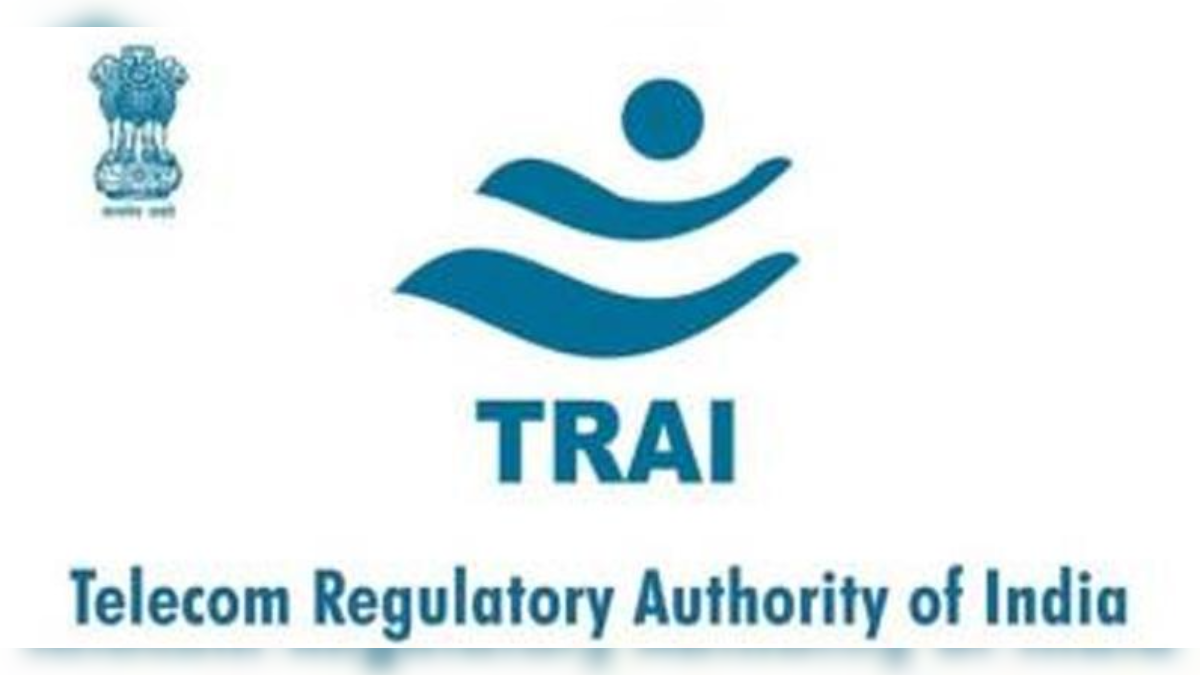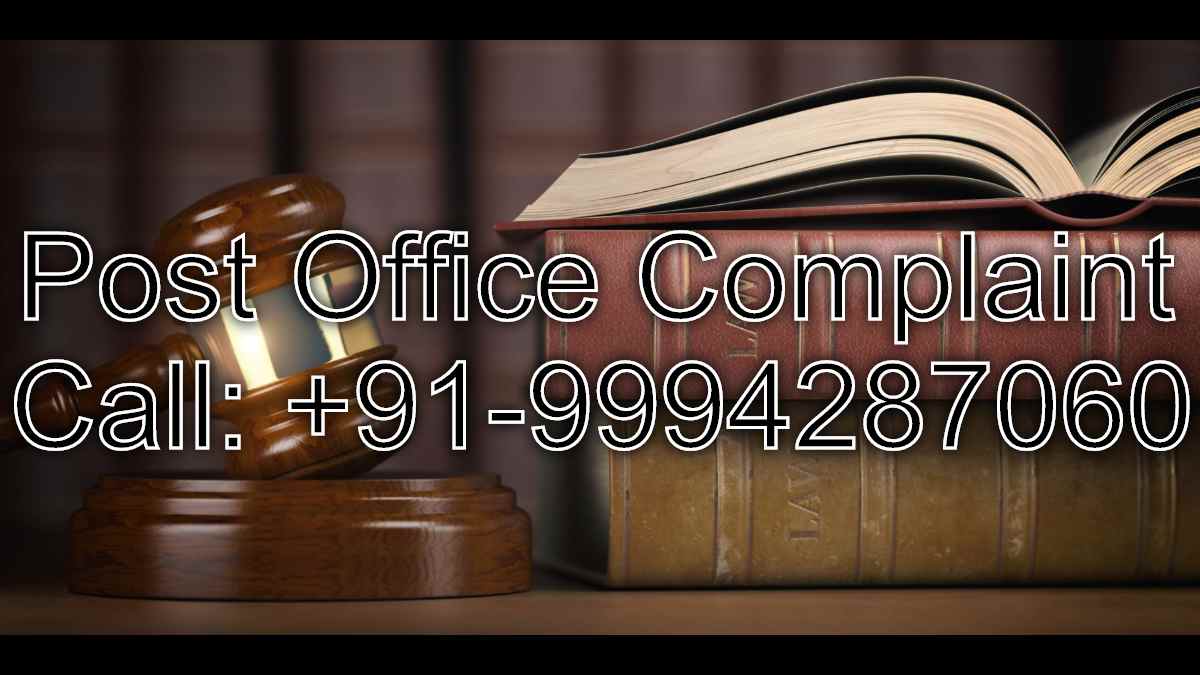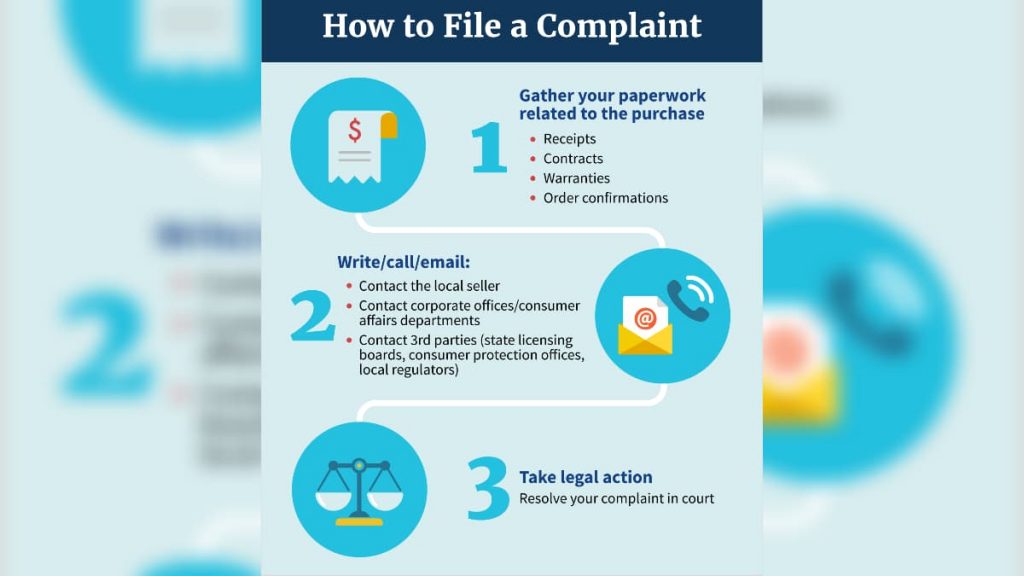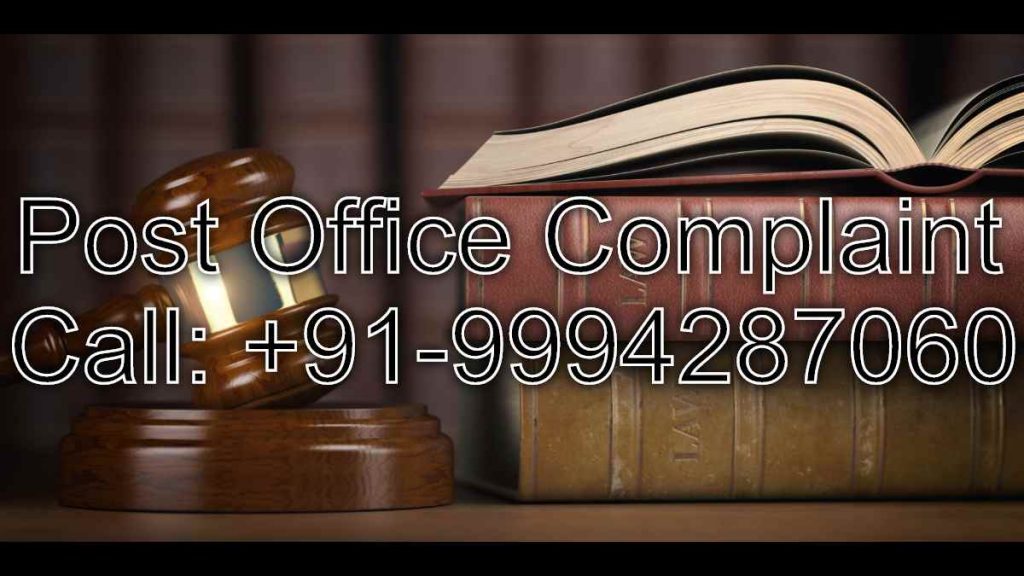The Consumer’s Guide: In today’s consumer-driven market, disputes with retailers and service providers are unfortunately common. Whether it’s a defective product, a breach of contract, or misleading advertising, consumers often find themselves at a loss, unsure of how to seek redress. This guide aims to empower consumers by providing a comprehensive overview of their rights and the steps they can take to resolve disputes effectively.
The Consumer’s Guide to Resolving Disputes with Retailers and Service Providers: Law Masters | Consumer Law firm
Understanding Consumer Protection Laws
Consumer protection laws are a set of regulations designed to safeguard the rights of consumers. These laws vary from country to country, but they generally cover a wide range of issues, including:
- Product Safety: Ensuring that products are safe for consumers to use.
- Fair Trade Practices: Preventing unfair and deceptive business practices.
- Consumer Rights: Protecting consumers’ rights to information, choice, and redress.
In many jurisdictions, specific consumer protection agencies are established to enforce these laws and provide assistance to consumers. These agencies often offer mediation and arbitration services to resolve disputes between consumers and businesses.
Common Consumer Disputes
Some of the most common consumer disputes include:
- Defective Products: When a product fails to perform as expected or causes harm.
- Breach of Contract: When a business fails to fulfill its obligations under a contract with a consumer.
- Misleading Advertising: When a business makes false or misleading claims about its products or services.
- Unfair Sales Practices: When a business uses high-pressure tactics or deceptive sales techniques.
- Poor Quality of Service: When a service provider fails to deliver the promised level of service.
Steps to Resolve Disputes
- Contact the Business Directly: The first step is to contact the business directly and explain the problem. Often, simple issues can be resolved through direct communication.
- File a Complaint with the Business: If direct communication fails, file a formal complaint with the business. This can be done in writing or through the business’s website.
- Seek Mediation or Arbitration: If the business is unresponsive or unwilling to resolve the dispute, consider mediation or arbitration. These alternative dispute resolution methods can be more efficient and less costly than litigation.
- File a Complaint with a Consumer Protection Agency: If mediation or arbitration fails, file a complaint with the relevant consumer protection agency. The agency can investigate the complaint and take action against the business.
- Take Legal Action: As a last resort, consumers can take legal action by filing a lawsuit. However, this can be a time-consuming and expensive process.
The Role of Consumer Lawyers
A consumer lawyer can provide invaluable assistance in resolving disputes with businesses. They can:
- Advise on Legal Rights: Explain consumer rights and remedies.
- Negotiate with Businesses: Negotiate with businesses to reach a fair settlement.
- Represent Clients in Court: Represent clients in court if necessary.
- File Lawsuits: File lawsuits against businesses that have violated consumer protection laws.
FAQs: Resolving Disputes with Retailers and Service Providers
First, contact the retailer or manufacturer directly to report the issue. Provide proof of purchase and a detailed description of the defect. If the issue isn’t resolved, consider filing a complaint with the appropriate consumer protection agency or seeking legal advice.
Start by contacting the service provider directly to explain the problem. If this doesn’t work, consider mediation or arbitration as alternative dispute resolution methods. If these options fail, you may need to consult with a consumer lawyer to explore legal action.
Consumer rights vary by jurisdiction, but generally include the right to safety, the right to be informed, the right to choose, the right to be heard, the right to redress, and the right to consumer education.
Yes, a consumer lawyer can provide valuable assistance by advising you on your legal rights, negotiating with the business, representing you in court, and filing lawsuits if necessary.
To minimize disputes, do your research before making purchases, read contracts carefully, keep records of transactions, and be aware of your rights as a consumer. Additionally, consider purchasing products with warranties and seeking recommendations from trusted sources.
Conclusion
By understanding their rights and taking appropriate action, consumers can effectively resolve disputes with retailers and service providers. While direct communication and alternative dispute resolution methods are often effective, seeking legal counsel can be beneficial in complex or serious cases. By empowering consumers to protect their rights, we can create a fairer and more equitable marketplace for all.
Read More
- How to Handle Disputes with Service Providers and Contractors
- How to File a Complaint with Consumer Protection Agencies
- Common Consumer Complaints Resolution Guide: How to Seek Legal Counsel?
- Resolving Billing Errors and Disputes: Steps to Take as a Consumer
- Understanding Your Consumer Rights: A Comprehensive Guide
- National Consumer Disputes Redressal Commission (NCDRC):


